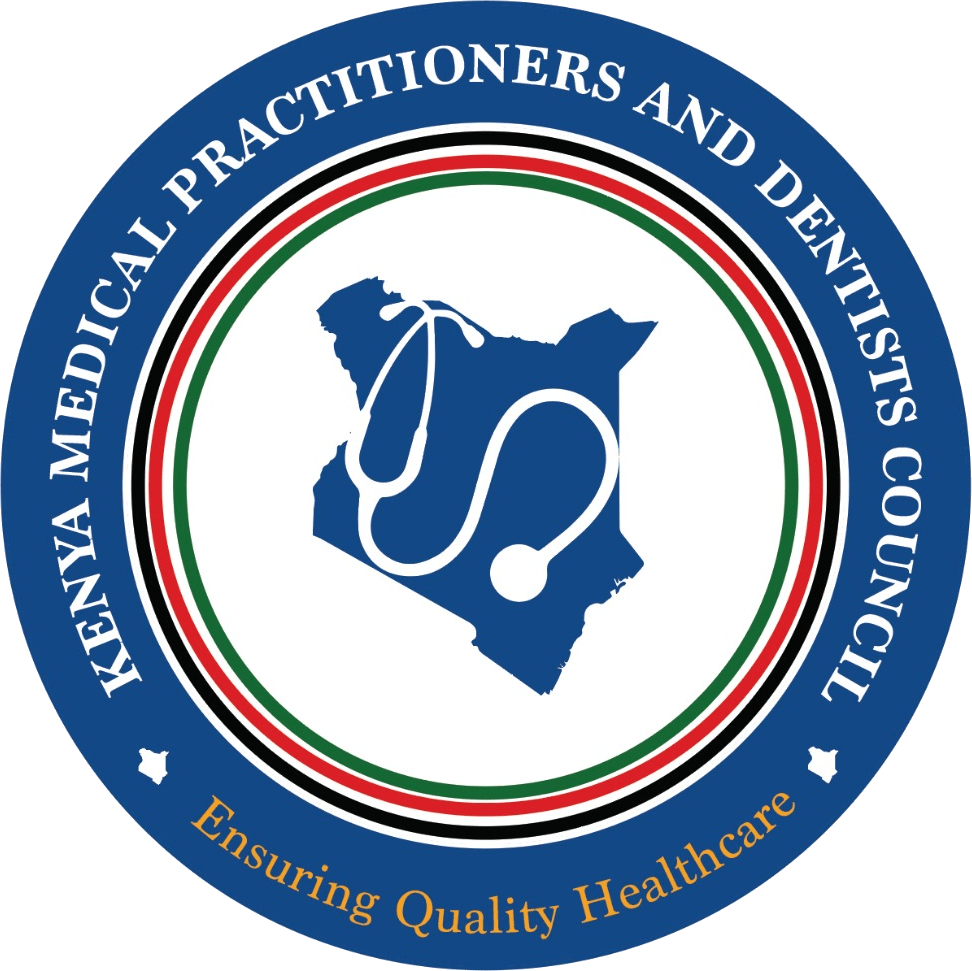Jun 21, 2024
Ending on:
Jun 21, 2024
Moderator(s):
MMED - Opthalmology
Plainsview Hospital
Max Credits:
3 Points
Provider:
Plainsview Nursing Home
Claim Points
Ocular Manifestations of Diabetes
Jun 21, 2024
Jun 21, 2024
Plainsview Hospital
Description
Most people living with diabetes have diabetic retinopathy, the leading cause of new cases of blindness by the age of 74 years. Despite evidence that tighter control of blood glucose and blood pressure reduces the risk of microvascular diabetes complications, as well as significant advances in the clinical management of diabetic eye disease, rates of diabetic retinopathy have increased 89% over the last decade. Diabetes mellitus is a chronic disease with long-term macrovascular and microvascular complications. Included in these complications is diabetic retinopathy. Diabetic retinopathy is often asymptomatic, but may be evident early in the disease process.
Objectives
Presenters
-
Dr.
FELIX ONGANGO
MBChB, MMED
OPTHALMOLOGY

